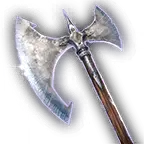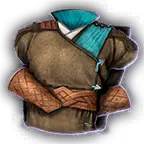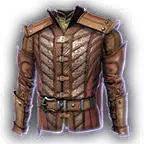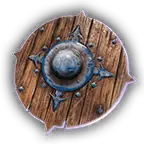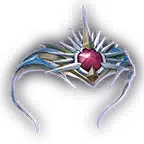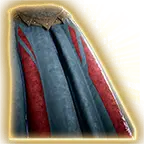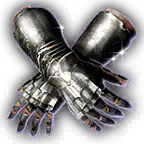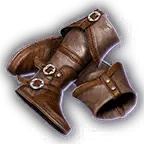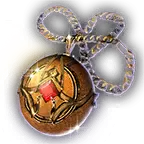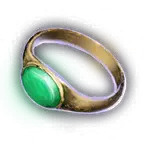Ad placeholder
Equipment: Difference between revisions
HiddenDragon (talk | contribs) mNo edit summary |
No edit summary |
||
| Line 84: | Line 84: | ||
{{NavGameplay}} | {{NavGameplay}} | ||
[[Category:Equipment]] | [[Category:Equipment]] | ||
[[Category:Gameplay mechanics]] | |||
Revision as of 18:58, 15 September 2024
Equipment are important items for the player’s adventure. They can be weapons that deal damage to enemies, or armour for protection from them. They can also give interesting bonuses to the player’s characters such as extra spells, special enchantments, and so on.
You can find detailed description for each type of equipment below.
Weapons
There are a number of ways to categorize weapons:
- Melee or Ranged
- Martial or Simple
- One-handed, Two-handed, or Versatile
Each weapon deals a specific type of physical damage. The damage types are:
- Bludgeoning
- Slashing
- Piercing
In addition, weapons can have various properties such as Heavy, Finesse, Light, and so on. See the main Weapons page linked above for details.
Clothing, Armour, and Shields
Clothing
Classes without any Armour Proficiency such as Sorcerer and Wizard wear Clothing instead of Armour, so they can cast Spells in and out of combat. Wearing Armour without the corresponding Proficiency also imposes a number of other penalties.
One can gain additional Armour Proficiency by taking appropriate Feats at Level 4, such as Lightly Armoured, Moderately Armoured and Heavily Armoured. However, each level of heaviness has the previous level as a prerequisite. For example, in order to be able to pick the Heavily Armoured Feat, your character must already have Medium Armour Proficiency from some source.
Armour
There are three types of worn armour: Light, Medium, and Heavy. Shields are also treated as armour, although they do not split into any subtypes. You need the corresponding Armour Proficiency to be able to use a specific type of Armour without penalties.
Shields
Choosing the Feat “Moderately Armoured” grants Proficiency with Shields in addition to Medium Armour. However, you must already have Light Armour Proficiency to be able to choose that Feat.
Other gear
Headwear
Headwear includes helmets, circlets, hoods, and other equipment worn on the head. They can provide bonuses to Skills or Ability Scores, protect against Critical Hits, or grant item-specific actions such as the ability to cast a certain spell.
